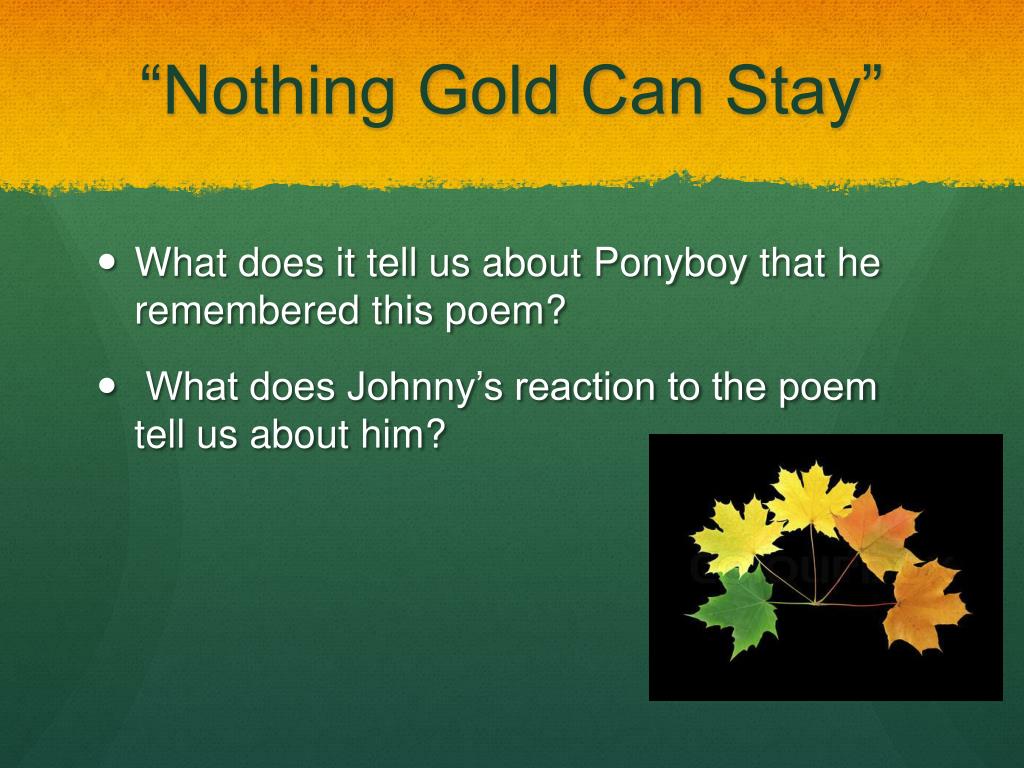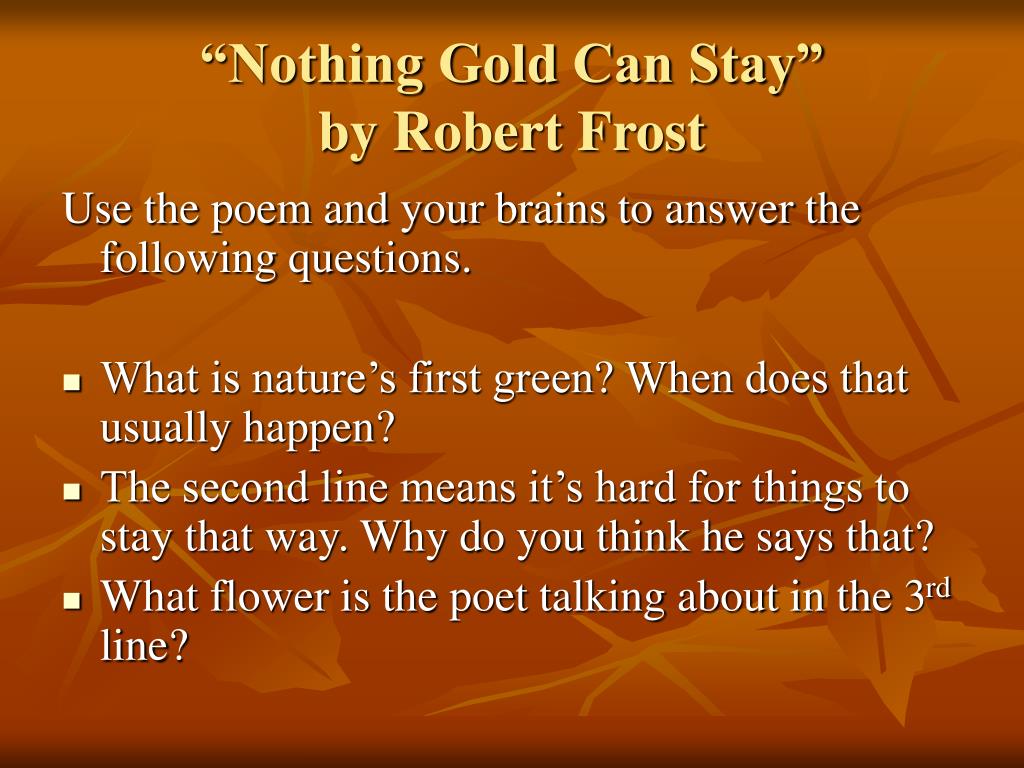

Following the success of the book, Frost relocated to Gloucestershire, England, and directed publication of a second collection, North of Boston (1914). Frost soon published his first book of poetry, A Boy’s Will (1913), which received appreciative reviews. During this time, he met such literary figures as Ezra Pound, an American expatriate poet and champion of innovative literary approaches, and Edward Thomas, a young English poet associated with the Georgian poetry movement then popular in Great Britain. In 1912, having been unable to interest American publishers in his poems, Frost moved his family to a farm in Buckinghamshire, England, where he wrote prolifically, attempting to perfect his distinct poetic voice. Three years later the Frosts’ eldest child died, an event which led to marital discord and which, some critics believe, Frost later addressed in his poem “Home Burial.” In 1897 Frost entered Harvard University as a special student, but left before completing degree requirements because of a bout with tuberculosis and the birth of his second child. He published a chapbook of poems at his own expense, and contributed the poem “The Birds Do Thus” to the Independent, a New York magazine. After graduation, Frost briefly attended Dartmouth College, taught at grammar schools, worked at a mill, and served as a newspaper reporter.

In 1892, Frost graduated from Lawrence High School and shared valedictorian honors with Elinor White, whom he married three years later.

Author Biographyīorn in San Francisco, Frost was eleven years old when his father died, and his family relocated to Lawrence, Massachusetts, where his paternal grandparents lived. The poem does not so much present the progression of an insight as an accumulation of examples all testifying to the same point. The poem seems to say not only that change is inevitable but also that all change involves degeneration.

The poem addresses the fleeting nature of beauty and innocence. Published in Robert Frost’s collection New Hampshire in 1923, “Nothing Gold Can Stay” combines Frost’s attraction to details of nature with his tendency to make direct statements of theme.


 0 kommentar(er)
0 kommentar(er)
